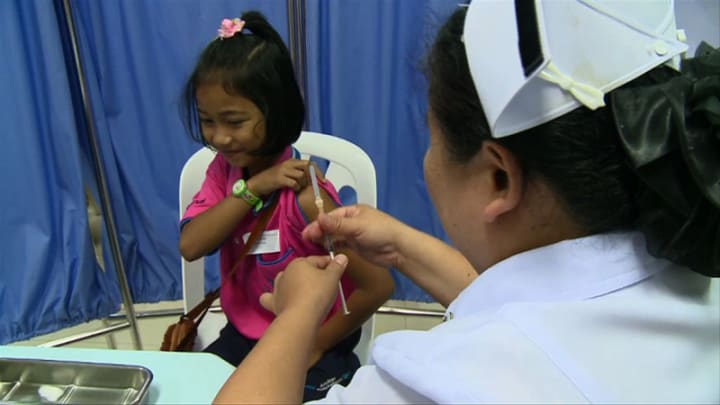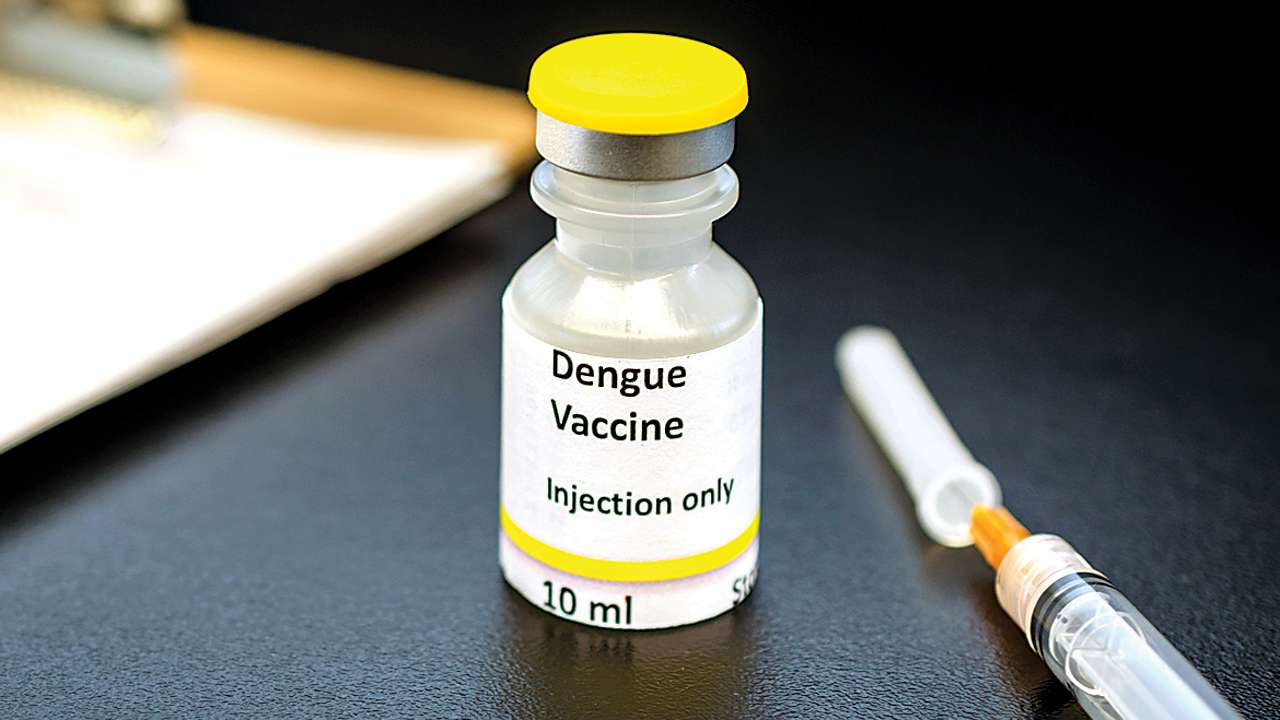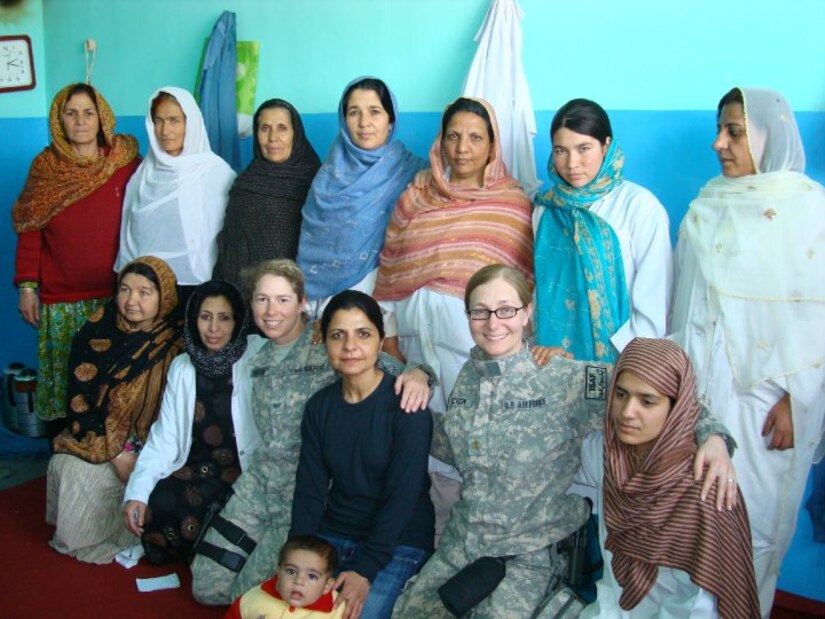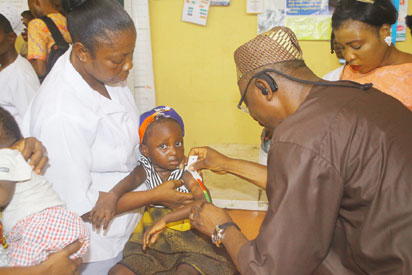Taiwan accuses World Health Organisation of bowing to Beijing over invitation to top health meeting
Taipei again fails to gain entry to the WHO’s main international gathering of the year
Taiwan has accused the World Health Organisation of succumbing to political pressure from mainland China after the island failed to receive an invitation to a major international meeting.
Beijing sees self-governing democratic Taiwan as part of its territory awaiting reunification and has used its clout to diminish the island’s presence on the world stage since Beijing-sceptic President Tsai Ing-wen took power in May 2016.
Last year was the first time in eight years that Taiwan was not granted access to the World Health Assembly (WHA), the WHO’s main meeting.
This year’s assembly is to be held in Geneva from May 21-26 and the online registration deadline lapsed on Monday without Taipei receiving an invite.
“We believe the WHO is a non-political organisation pursuing the highest health standards for humanity and should not solely serve Beijing’s political will,” Taiwan’s Mainland Affairs Council said in a statement.
Taiwan’s foreign ministry said on Tuesday it “regretted” that it had not been invited to the assembly.
“Health is a basic human right, as well as a universal value regardless of differences in race, religion, political beliefs, economic or social situations,” the ministry said in a statement.
It added that under the WHO charter, Taiwan should be allowed “equal participation” in all WHO events.
The WHO did not immediately respond to a request for confirmation it would not invite Taipei to this year’s assembly.
In Beijing on Monday, foreign ministry spokesman Geng Shuang the island was only able to attend the assembly from 2009-2016 because the previous Taiwan government had a consensus with Beijing that there is only “one China”.
While the former administration touted the agreement as enabling cross-strait relations to flourish without compromising Taiwan’s sovereignty, Beijing saw it as meaning that Taiwan and the mainland are part of a single China.
Tsai and her independence-leaning Democratic Progressive Party have refused to acknowledge the principle which Beijing sees as the bedrock for relations.
“This damaged the political foundation for Taiwan’s participation,” Geng said.
Beijing has also been trying to exert pressure on international companies to list Taiwan as a Chinese province on their websites, rather than as a separate entity.
The White House said on Saturday that China’s aviation authorities had sent letters to 36 foreign airlines including US firms demanding they refer to Taiwan, Hong Kong, and Macau as Chinese territories.
“This is Orwellian nonsense and part of a growing trend by the Chinese Communist Party to impose its political views on American citizens and private companies,” the White House said.
source: http://www.scmp.com/


 MANILA — The World Health Organization’s expert advisory group on immunization, or SAGE, is not halting the use of the dengue vaccine Dengvaxia. But they stress the need for prescreen tests before its administration for safety reasons.
MANILA — The World Health Organization’s expert advisory group on immunization, or SAGE, is not halting the use of the dengue vaccine Dengvaxia. But they stress the need for prescreen tests before its administration for safety reasons. Fresh concerns about the efficacy of the world’s first ever Dengue vaccine has come to light as the World Health Organisation (WHO) noted that there is an urgent need to describe the potential risks of the vaccine.
Fresh concerns about the efficacy of the world’s first ever Dengue vaccine has come to light as the World Health Organisation (WHO) noted that there is an urgent need to describe the potential risks of the vaccine. FALLS CHURCH, Va. --
FALLS CHURCH, Va. -- As people across the globe joins World Health Organisation to celebrate World Health Day on April 7, Nestlé Nutrition Institute Africa (NNIA) commemorated the Day in collaboration with the Ogun State Ministry of Health by training primary healthcare professionals in Abeokuta on Friday April 6, 2018.
As people across the globe joins World Health Organisation to celebrate World Health Day on April 7, Nestlé Nutrition Institute Africa (NNIA) commemorated the Day in collaboration with the Ogun State Ministry of Health by training primary healthcare professionals in Abeokuta on Friday April 6, 2018.